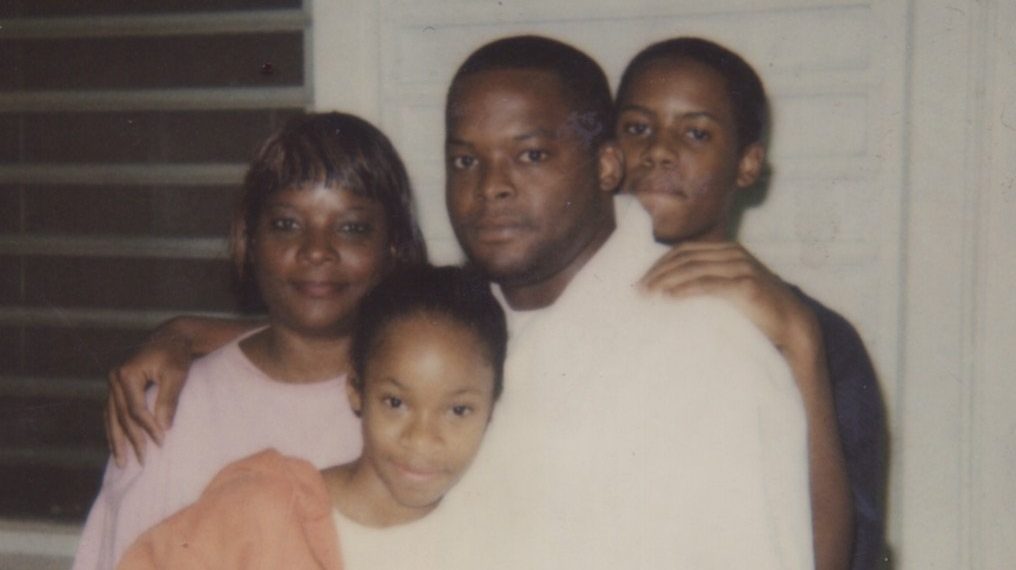A likely wrongly convicted man will continue to sit on Alabama’s death row after the U.S. Supreme Court on Monday declined to take up his case.
Toforest Johnson, who’s 1998 conviction on dubious evidence has drawn criticism from all corners, including a former Alabama attorney general and the district attorney who prosecuted Johnson, will have to focus on state and lower federal courts after the High Court dismissed Johnson’s petition for a writ of certiorari without comment.
Johnson’s conviction for the killing of off-duty sheriff’s deputy William Hardy rested almost entirely on the “earwitness” testimony of a woman who claimed to be on a three-way call with Johnson and heard him confess to the killing. The woman had never met Johnson nor heard his voice, and Johnson’s attorneys, after the trial, learned that the woman had been paid $5,000 for her testimony. No physical evidence linking Johnson to the murder exists.
Additionally, prosecutors at first tried to pin the murder of Hardy, who was working as a security guard at a Birmingham motel, on another man, Ardragus Ford, and took the extraordinary step of trying both men simultaneously for the murder. The juries in both original cases deadlocked and couldn’t reach a verdict. After second trials, Ford was acquitted and Johnson was convicted thanks to the “earwitness” testimony.
The state kept the $5,000 award for testimony a secret for more than 18 years. Only after a former office manager for the DA’s office told Johnson’s attorneys about a “secret file” containing records of payments to some witnesses did the award in Johnson’s case come to light.
The disclosure of the payment was part of an appeal in which the Supreme Court remanded the case back to the lower courts in 2017. After the disclosure of the payment, the state changed its story from claiming that it knew nothing about an award to saying that the payment was inconsequential because the witness knew nothing about the reward offer before coming forward and didn’t receive the payment until several years later.
Johnson’s attorneys challenged the state’s position, saying in court filings that Alabama law prevents the payment of the award if the witness was unaware of it prior to coming forward and asking the Supreme Court to take up the case on that basis.
It will now be up to state courts or lower federal courts to intervene.
















































